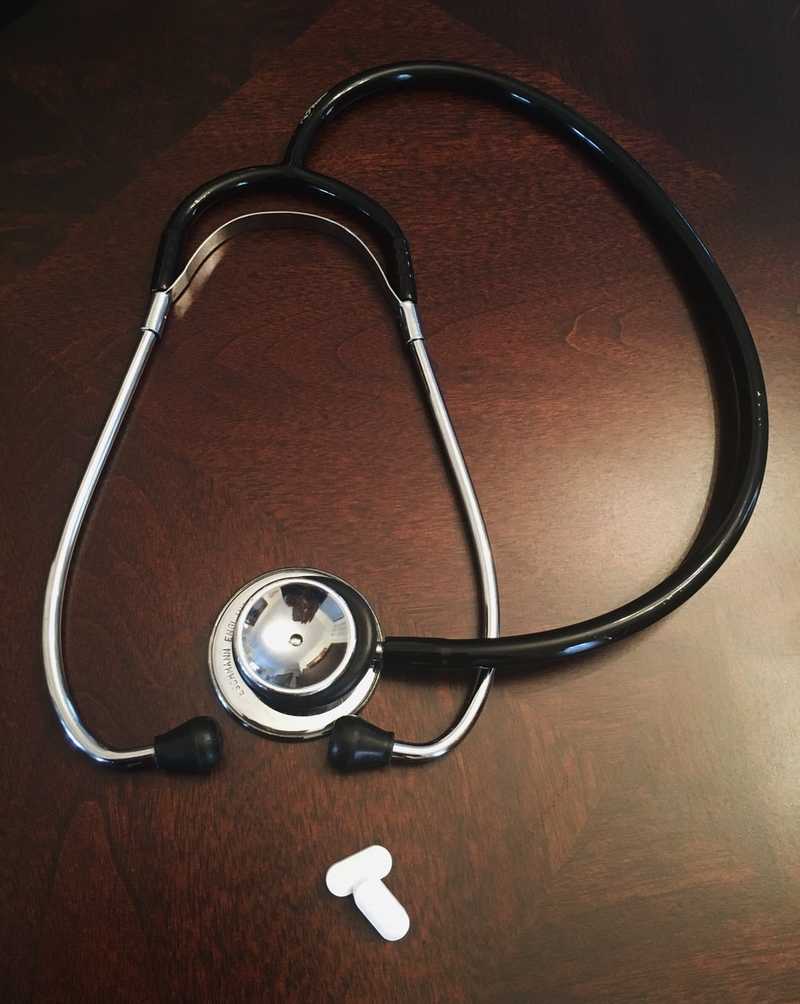Does an Abortion Hurt?
quarta-feira, 17 Julho 2019 blog Поделиться
What to Expect During Medical and Surgical Procedures
No one can describe exactly how an abortion feels because it varies widely from person to person. Many describe it as being similar to menstrual cramps, while others report specific types of discomfort.
The amount and type of pain depends on many factors: a patient’s overall health, medical conditions, tolerance for pain, which type of abortion they are receiving, and their stress level during the procedure.
There are two types of abortions: medical (with pills), and surgical. During a medication abortion, the patient usually takes two types of drugs. The first is mifepristone, taken orally. The second is misoprostol, often taken buccally (between the teeth and cheek or below the tongue).These drugs block pregnancy hormones and trigger uterine contractions in order to expel the embryo.
During a medical abortion, it can take the patient’s body four to five hours to expel the tissue. Throughout this time, the patient can expect to experience side effects that may include mild to severe cramping, headache, nausea, breast tenderness, low-grade fever, diarrhea, chills, vomiting, dizziness, and/or fatigue.
If a patient is receiving a surgical abortion, the procedure usually begins similarly to a pelvic exam. The patient will usually place their feet in the table’s stirrups, and the provider will use a speculum to examine the vagina and cervix. Next, a numbing medication will be administered to dilate the cervix. Then, a small, flexible tube will be inserted into the uterus. Finally, a suction device is used to empty the uterus.
For both types of abortions, the risks of complications are very low (about 2% for all abortions performed in the United States; less than 1% when the abortion occurs in the first eight weeks of pregnancy). Some complications include infection, incomplete medical abortion, prolonged bleeding, or a continuing unwanted pregnancy if the abortion fails. These risks increase when abortion restrictions keep safe, legal abortion out of reach or force patients to wait longer into their pregnancies to terminate.
Women Help Women believes that all people should have access to medically and scientifically accurate information surrounding all aspects of abortion and reproductive health and believes women should have agency over their own reproductive choices. Our organization provides accurate information about what exactly a medical abortion with pills is, the pills’ effectiveness, how to use the pills, and what to expect after using abortion pills. If you are pregnant and do not want to be, get in touch with us online at abortionpillinfo.org or by email at info@womenhelp.org.






